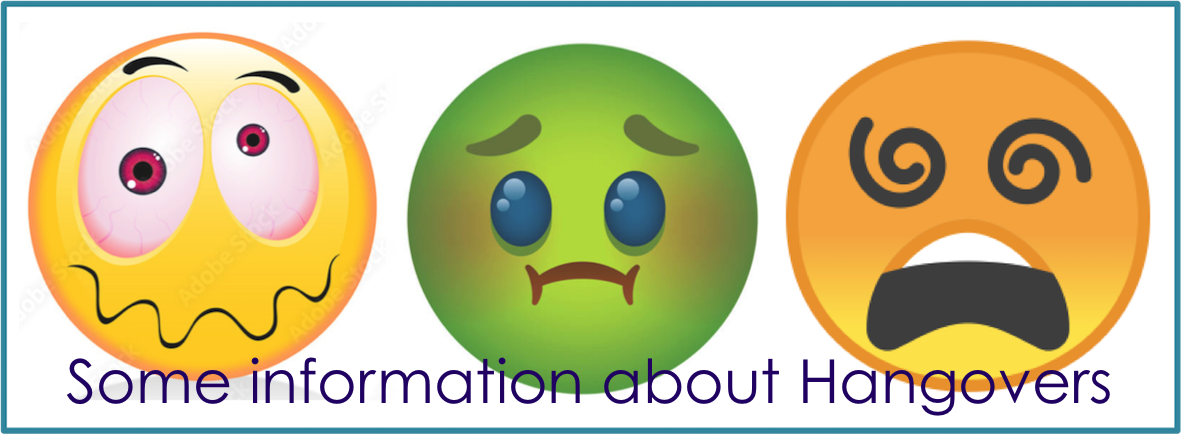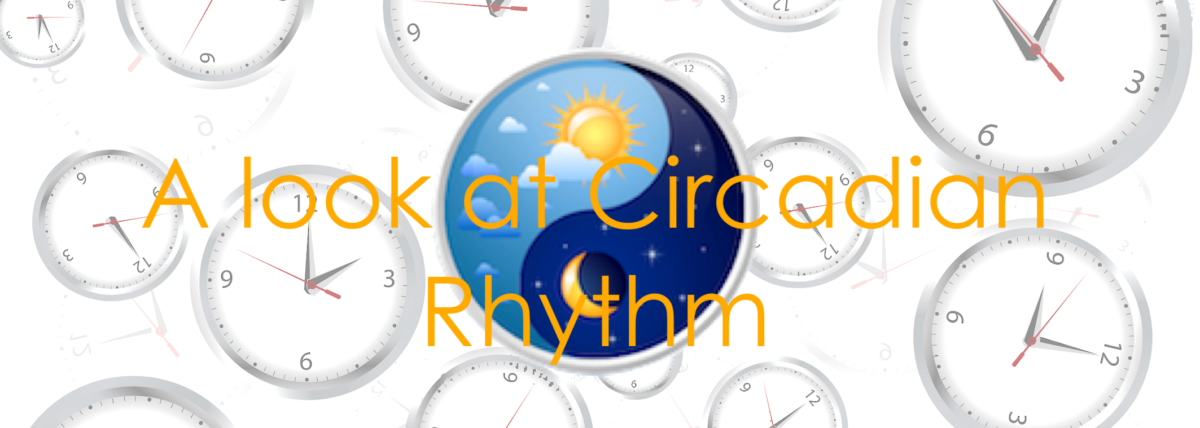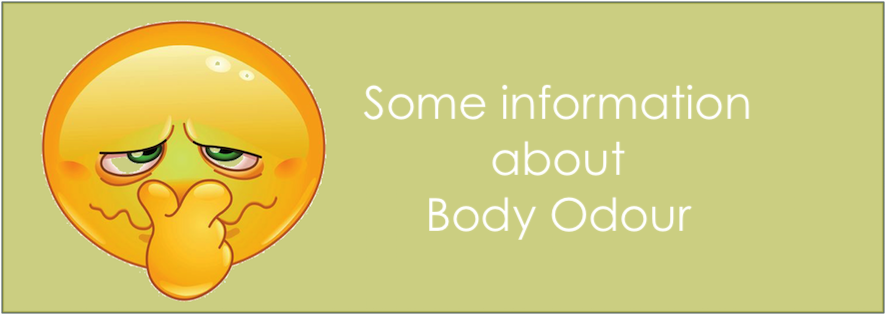Welcome to a new year and the first post of 2023.
For many people the first day of a new year starts with a hangover. So I thought that I would explore this topic.
Now we all know that the consumption of a substantial amount of alcohol is the usual cause of a hangover. Previously I have written about how the body processes alcohol.
This time I thought I would explore what is going on in the body to cause this unpleasant after effect?
What is a ‘hangover’?
Wikipedia states – A hangover is the experience of various unpleasant physiological and psychological effects usually following the consumption of alcohol.
In addition, hangover characteristics may depend on the type of alcoholic beverage consumed and the amount a person drinks. Typically, a hangover begins within several hours after the person has stopped drinking and the blood alcohol concentration (BAC) is falling. Symptoms usually peak about the time BAC is zero and may continue for up to 24 hours after.
The chemical process
As previously covered, the liver processes the alcohol in 2 steps. It uses an enzyme in the liver cells – alcohol dehydrogenase (ADH) to break down ethanol in the blood into another compound, acetaldehyde. Which is actually toxic.
Next, another enzyme, called aldehyde dehydrogenase (ALDH) breaks it down further into acetate, which is not toxic.
Normally, acetaldehyde is quickly converted to acetate and excreted from the body. But when lot of alcohol is consumed, the liver may not convert the acetaldehyde as quickly as usual. It may have built up enough in the body to cause the nausea, vomiting and sweating of a hangover.
There is more to the hangover, however, than just acetaldehyde. Another contributor to the hangover is methanol, another fermentation product found in alcoholic beverages, luckily in small amounts because methanol is highly toxic. Like its ethanol partner, the same enzymes metabolise methanol as ethanol. The only difference is that this time the compounds created are formaldehyde and formic acid, which are extremely toxic.
So what factors are contributing to feeling unwell?
- Mild dehydration: Alcohol increases urination and excess loss of fluids. The mild dehydration that results contributes symptoms such as thirst, fatigue, and a headache.
- Disrupted sleep: People may fall asleep faster after drinking alcohol, but their sleep is fragmented. This is because the body is rebounding from the depressive effect of alcohol, disturbing normal sleep rhythm. This contributes to fatigue, as well as lost productivity.
- Gastrointestinal irritation: Alcohol directly irritates the lining of the stomach and increases acid release. This can lead to nausea, vomiting and stomach discomfort.
- Inflammation: Alcohol increases inflammation in the body similar to when you have an infection. This then causes the feelings of nausea, headache, chills and tiredness.
Avoiding a hangover
Paying attention to the quantity and quality of alcohol consumed can have a significant effect on preventing hangover. Hangover symptoms are less likely to occur if a person drinks only small, non-intoxicating amounts.
Even among people who drink to intoxication, those who consume lower amounts of alcohol appear less likely to develop a hangover than those who drink higher amounts. Hangovers are not usually associated with drinking beverages that contain low alcohol content. And lastly, including more water between drinks can reduce the dehydration caused by the alcohol.
Because individuals are so different, it is difficult to predict how many drinks will cause a hangover. Any time people drink to intoxication, there is a chance they could have a hangover the next day.
We hope you found this information interesting and/or helpful.
Till the next post,
Live clean n Prosper
Sources – McGill University, Office for Science and Society – National Library of Medicine – National Institute on Alcohol Abuse and AlcoholisA



